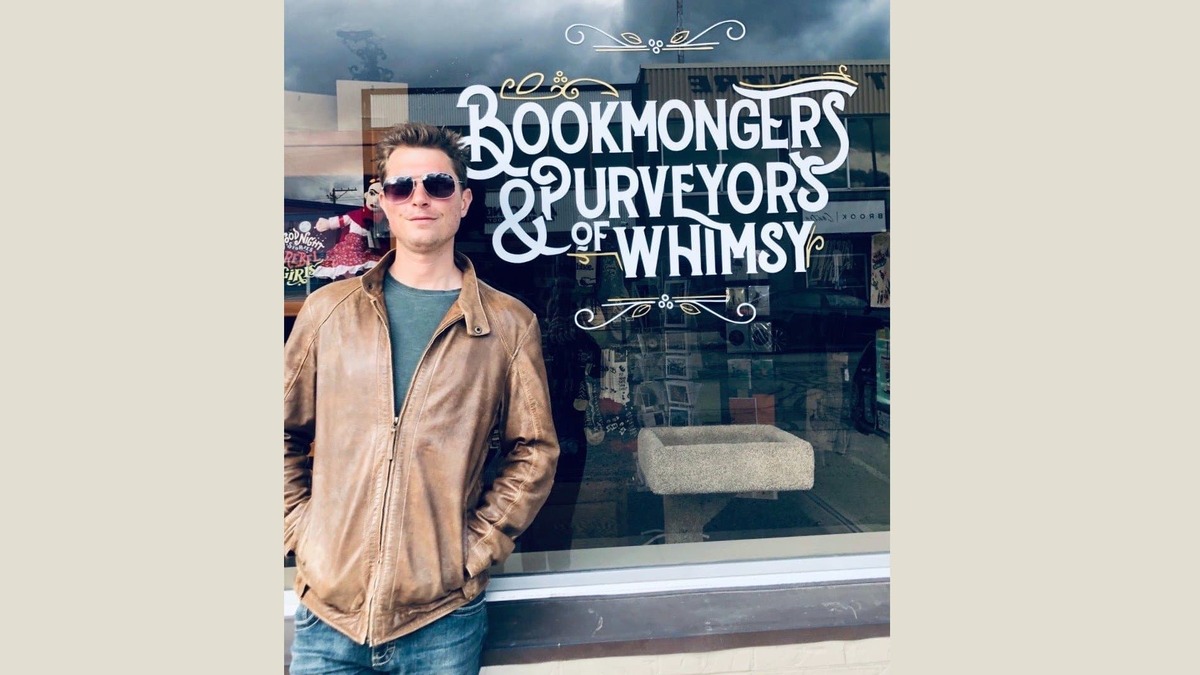Hacknight #329
Digital surveillance technologies in Canadian policing
with Tom Linder

Recording
hacknight_329.jpg
Thomas Linder is joining us to talk about his doctoral research into the rise of digital surveillance technologies in Canadian policing. His work shows that police services are implementing a wide range of digital data collection and analysis tools, yet there is little public discussion of appropriate governance policy from the perspective of the affected communities. In this democratic blackout the police have been implementing technologies and practices modelled after post-9/11 US domestic counter-terrorism units. He argues that civic technology movements have an important role to play in pushing for properly democratic, public oversight and governance of police technology usage.
Speakers
Tom LinderThomas Linder is the Coordinator for Knowledge and Insight Development at Open North. His work involves developing and aligning research projects, conducting cross-project analysis to identify insights and trends, and building innovative knowledge sharing and translation products for in-house and external capacity building and learning. Thomas received his PhD in sociology from Queen’s University. His doctoral research was on the societal impacts of emerging digital technologies, particularly with regards to digital surveillance and policing. He received a Master’s Degree in philosophy and political science from the University of Zurich with a thesis on the geopolitical dimensions of corporate and national security surveillance. He is passionate about rethinking smart city strategies to build alternative political and economic systems that empower communities and embed equity and sustainability from the start.
Topic: Thomas Linder is joining us to talk about his doctoral research into the rise of digital surveillance technologies in Canadian policing. His work shows that police services are implementing a wide range of digital data collection and analysis tools, yet there is little public discussion of appropriate governance policy from the perspective of the affected communities. In this democratic blackout the police have been implementing technologies and practices modelled after post-9/11 US domestic counter-terrorism units. He argues that civic technology movements have an important role to play in pushing for properly democratic, public oversight and governance of police technology usage.
- Speakers: Thomas Linder
Bio: Thomas Linder has a PhD in Sociology from Queen’s University where he wrote his dissertation on the intersection of digital surveillance technologies, policing, and the social and political impacts involved. He works as an multi-disciplinary researcher on a range of topics including smart city-style projects, community economic development, urban innovation, social housing, community engagement and learning, and other progressive areas.